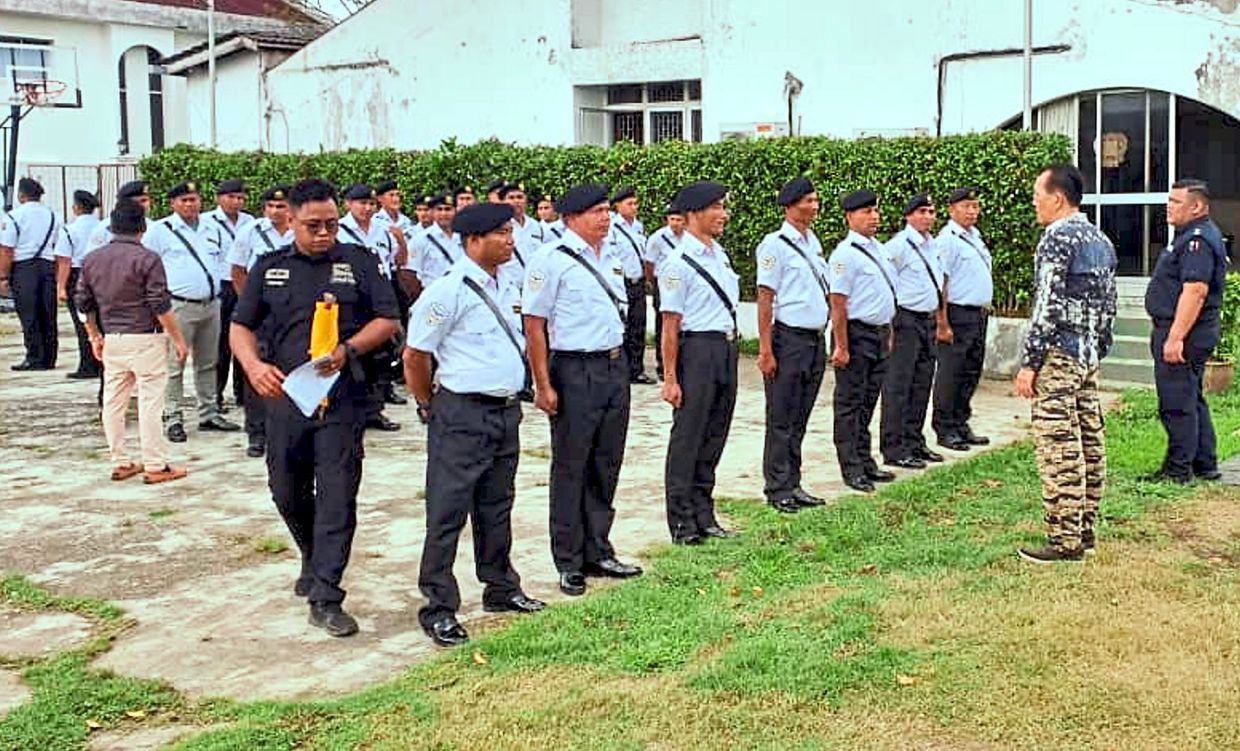
Security service: Khoo giving a briefing to his security guards.
PETALING JAYA: The recalibration exercise involving undocumented foreign workers will be useful to set things right in the private security sector, according to the Security Industry Association of Malaysia (PIKM) Selangor chapter.
Its chairman Datuk Dr S. Prabakaran said several security companies resorted to employing undocumented migrant workers as security guards to save costs.
Save 30% and win Bosch appliances! More Info









































